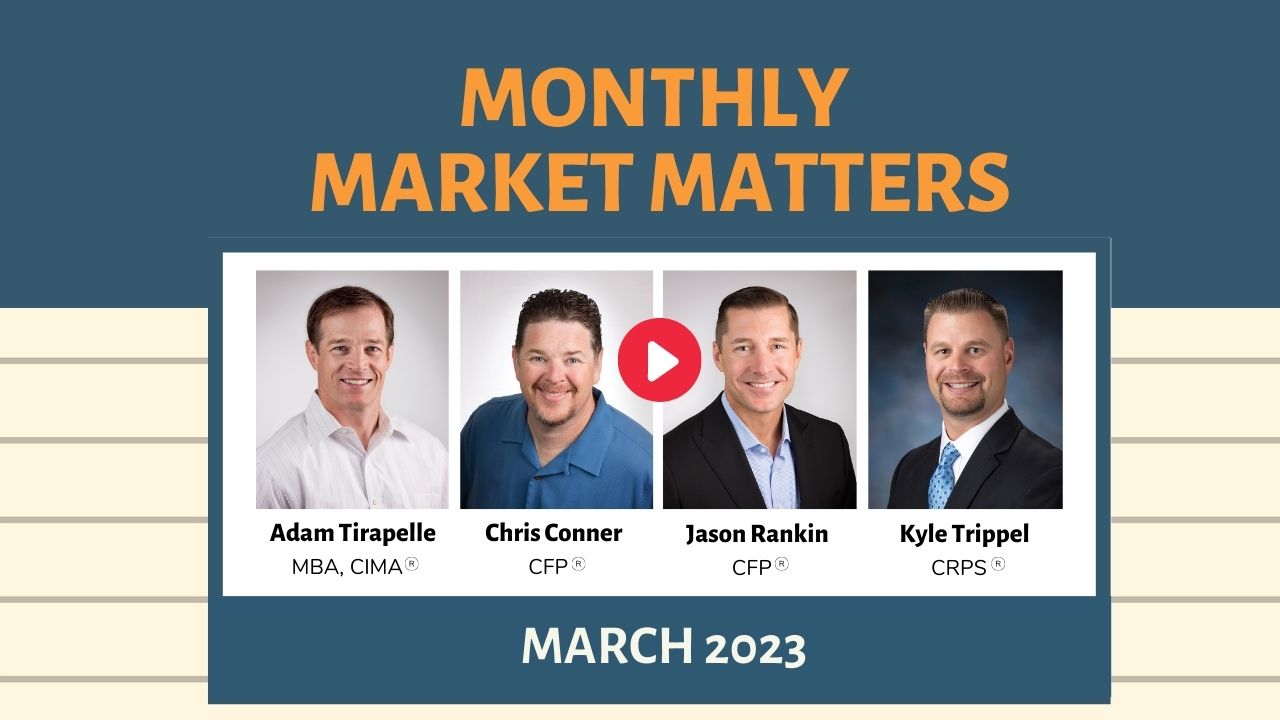You are now leaving the Strong Valley Wealth & Pension, LLC ("Strong Valley") website. By clicking on the "Schwab Alliance Access" link below you will be entering the Charles Schwab & Co., Inc. (“Schwab”) Website. Schwab is a registered broker-dealer, and is not affiliated with Strong Valley or any advisor(s) whose name(s) appears on this Website. Strong Valley is/are independently owned and operated. Schwab neither endorses nor recommends Strong Valley. Regardless of any referral or recommendation, Schwab does not endorse or recommend the investment strategy of any advisor. Schwab has agreements with Strong Valley under which Schwab provides Strong Valley with services related to your account. Schwab does not review the Strong Valley website(s), and makes no representation regarding the content of the Website(s). The information contained in the Strong Valley website should not be considered to be either a recommendation by Schwab or a solicitation of any offer to purchase or sell any securities.

Retirement is a major milestone that brings many life changes. One thing that doesn't change for most people: the fear of running out of money. According to the Transamerica Center for Retirement Studies, the most frequently reported retirement worry is outliving savings and investments. Across all ages, 51% of respondents cited this concern, and 41% of retirees claim the same fear. Additionally, only 46% of retirees think they've built a nest egg large enough to last through retirement.

Retirement is a major milestone that brings many life changes. One thing that doesn't change for most people: the fear of running out of money. According to the Transamerica Center for Retirement Studies, the most frequently reported retirement worry is outliving savings and investments. Across all ages, 51% of respondents cited this concern, and 41% of retirees claim the same fear. Additionally, only 46% of retirees think they've built a nest egg large enough to last through retirement.
Now is the time to face your fears. Take a look at a dozen ways you could go broke in retirement and learn how to avoid them. Some you can avert with careful planning; others you have little control over. But you can prepare your finances to make the best of whatever may come.
You abandon stocks
It's true that stocks can be risky. For example, in 2020, the Standard & Poor's 500-stock index, a benchmark for many investors, experienced several wild swings. So once you're retired, you might be inclined to move your money out of stocks altogether and instead focus on preserving your wealth.
But that could be a mistake. Without stocks, you might not get the growth that you need. You need your money to continue to grow through those 20 to 30 years of retirement to outpace inflation and help maintain your lifestyle.
You invest too much in stocks
On the other hand, you are right: Stocks are risky and you don't want to have too much in stocks, because of the volatility of the market.
If you're hesitant to make portfolio adjustments, consider target-date mutual funds instead. These funds are designed to reduce exposure to stocks gradually over time as you approach (and surpass) your target date for retirement. Not all target-date funds are the same, even if they sport the same retirement target year in their names. Be aware of specific funds' expenses and asset-allocation strategies to ensure they are affordable and fit your needs.
You live too long
More time to enjoy the life you love is a joy; trying to afford it can be a pain. Current retirees are expecting a long retirement, a median of 28 years, according to the Transamerica Center for Retirement Studies. And 41% of retirees expect their retirements to go on for more than three decades. Women have to plan for an even longer life. According to the Centers for Disease Control and Prevention, a man who was age 65 can expect to live to age 83, on average, while a woman of the same age may reach 85.5 years.
When saving for retirement, plan for a long life. But if it starts to look like your nest egg will come up short, you have to adjust your budget. For example, it might behoove you to downsize your home or relocate to an area with low taxes and living costs. You may even consider finding ways to pull in extra income, such as starting an encore career, taking a part-time job or cashing in on the sharing economy, if you can.
You spend too much
It might seem obvious, but most of us – retired or not
– are guilty of making this mistake and could benefit from a reminder to quit it. In fact, according to the Employee Benefit Research Institute, nearly 46% of retired households spent more annually in their first two years of retirement than they did just before retiring.
And retirees on a fixed income are particularly vulnerable to the ill effects of committing this error. For retirees, budgeting is more important than ever.
You rely on a single source of income
Multiple income streams are better than one, especially in retirement. Case in point: Social Security is the primary source of income for 61% of retirees, according to the Transamerica Center for Retirement Studies. And 44% of retirees report that one of their biggest financial fears is that Social Security will be reduced or cease to exist in the future. Based on current projections, Social Security will only be able to pay 77% of promised retirement benefits beginning in 2035.
A pension, which 42% of retirees use as a source of income, or inheritance likely can't stand alone to support you through retirement, either. But when you put them all together, along with your self-funded retirement accounts, such as 401(k)s and IRAs, then you have a more stable and diversified financial base to rely on throughout your retirement.
You can't work
Another good reason for needing plenty of savings and multiple streams of income to support you in retirement: You can't count on being able to bring in a paycheck if you need it. While 51% of workers expect to continue working some in retirement, only 6% of retirees report working in retirement as a source of income.
Whether you work is not always up to you. In fact, 60% of retirees left the workforce earlier than planned, according to the Transamerica Center for Retirement Studies. Of those, 66% did so because of employment-related issues, including organizational changes at their companies, losing their jobs and taking buyouts. Health-related issues, either their own ill health or that of a loved one, was cited by 37%. Just 16% retired early because they felt they could afford to.
You get sick
As you age, your health is bound to deteriorate, and getting the proper care is expensive. According to a report from the Employee Benefit Research Institute, a 65-year-old man would need to save $68,000 to have a 50% chance of affording his health-care expenses in retirement (excluding long-term care) that aren't covered by Medicare or private insurance. To have a 90% chance, the same man would need to save $124,000. The news is worse for a 65-year-old woman, who would need to save $89,000 and $140,000, respectively. Be sure you're doing all you can to cut health-care costs in retirement by considering supplemental MediGap and Medicare Advantage plans and reviewing your options every year.
Long-term care bumps up the bill even more. For example, the median cost for adult day health care in the U.S. is $1,473 a month; for a private room in a nursing home, it costs a median of $7,698 a month, according to Genworth. No wonder 44% of retirees fear declining health that requires long-term care and 31% fear cognitive decline, dementia and Alzheimer's disease. Consider getting long-term-care insurance to help cover those costs and use these tactics to make it affordable.
You tap the wrong retirement accounts
This mistake probably won't leave you flat broke but lacking a smart withdrawal strategy can cost you. A more tax-efficient way to go might be to draw down the principal from your maturing bonds and certificates of deposit first, since they are no longer bearing interest.
Then, sell from your taxable accounts, for which you only have to pay the capital-gains tax. Finally, withdraw from your tax-deferred and Roth accounts, in that order.
You don't consider taxes
Needing to be tax-smart extends beyond your drawdown strategy. Where you live impacts what you pay in taxes big time. That's part of why so many people flock to Florida and Arizona after they retire. Along with the warm weather and ample sunshine, those states offer two of the country's ten most tax-friendly environments for retirees. Other states with retirement-friendly tax codes include Alaska, Georgia and Nevada.
Of course, taxes alone shouldn't dictate where you live in retirement. Friends, family and other community ties play a major role. But you have to keep state and local taxes in mind (especially sales taxes, property taxes and taxes on retirement income) when planning your budget.
You bankroll the kids
A mistake made out of love is a mistake all the same. You may feel obligated to assist your children financially, paying for college, contributing to the down payment for a first home and covering them in emergencies, for example. But doing so at the expense of your retirement security may cause bigger problems for both you and your kids in the long run.
You have to take care of yourself first, so you can help your kids later.
You are underinsured
Cutting costs in retirement is important but scrimping on insurance might not be the best place to do it. Adequate health coverage, in particular, is essential to prevent a devastating illness or injury from wiping out your nest egg. Medicare Part A, which covers hospital services, is a good start. It's free to most retirees. But you'll need to pay extra for Part B (doctor visits and outpatient services) and Part D (prescription drugs). Even then, you'll probably want a supplemental medigap policy to help cover deductibles, copayments and such.
And don't forget about other forms of insurance. As you age, your chances of having accidents both at home and on the road increase. In fact, according to the Centers for Disease Control and Prevention, an average of 586 adults who are 65 and older are injured every day in car crashes. Beyond your own medical expenses, all it can take is a single adverse ruling in an accident-related lawsuit to drain your retirement savings. Review the liability coverage that you already have through your auto and home policies. If it's not sufficient, either bump up the limits or invest in a separate umbrella liability policy that will kick in once your primary insurance maxes out. Premiums on a $1 million umbrella policy might run about $300 a year.
You get scammed
Older adults are particularly vulnerable to scam artists and fraudsters. The FBI notes that seniors are prime targets for such criminals because of their presumed wealth, relatively trusting nature and typical unwillingness to report these crimes. Even worse, the perpetrators may be closer than you think. According to a study from the National Committee for the Prevention of Elder Abuse, an estimated one million elders lose $2.6 billion a year due to financial abuse – and family members and caregivers are the perpetrators 55% of the time.
Some common scams to watch out for: Con artists may pretend to represent Medicare to collect your personal information. Cheap prescription drugs marketed online could be knock-offs, and you may be handing over your credit card information in exchange for endangering your health. Charity workers seeking donations for disaster aid might actually pocket the money for themselves.



